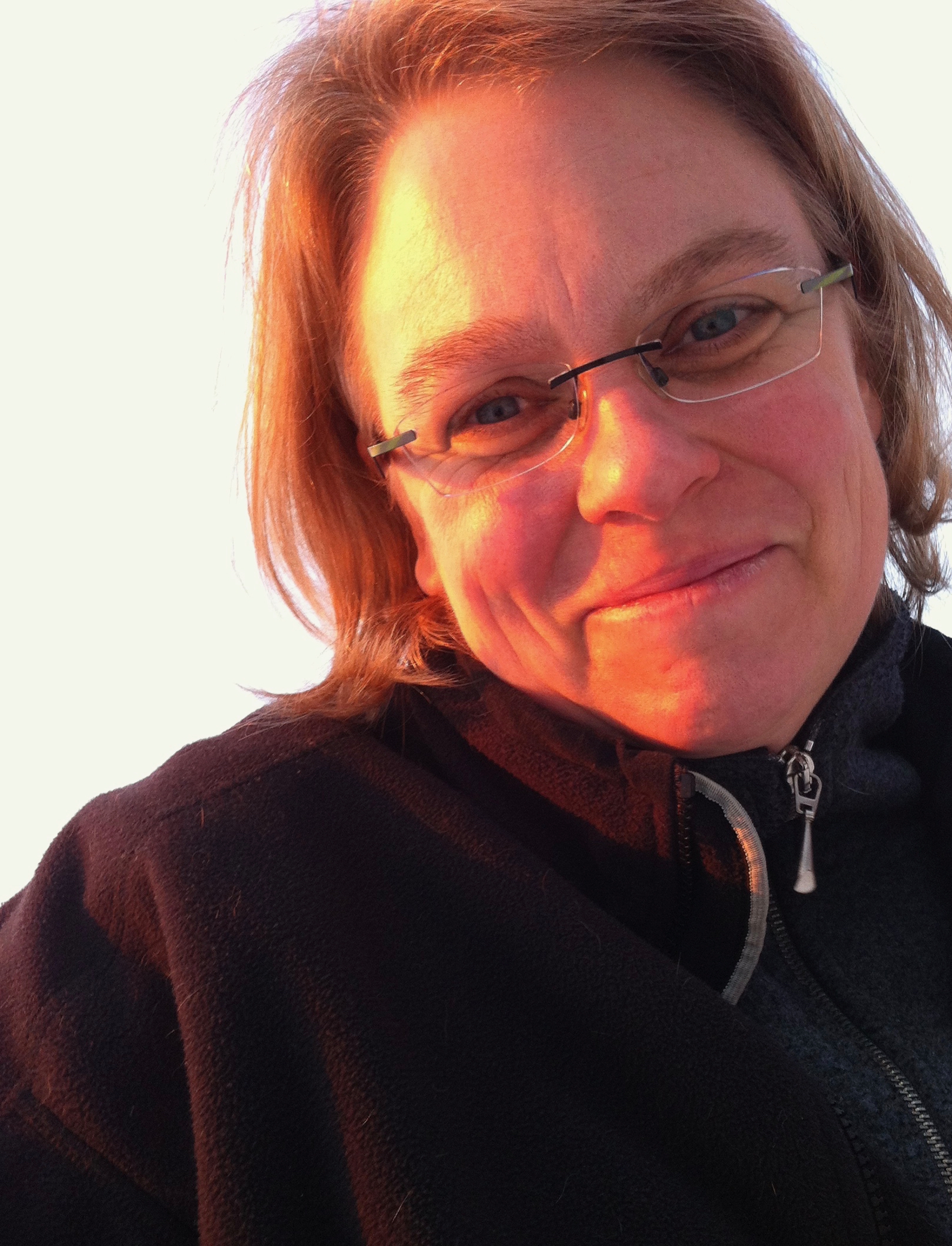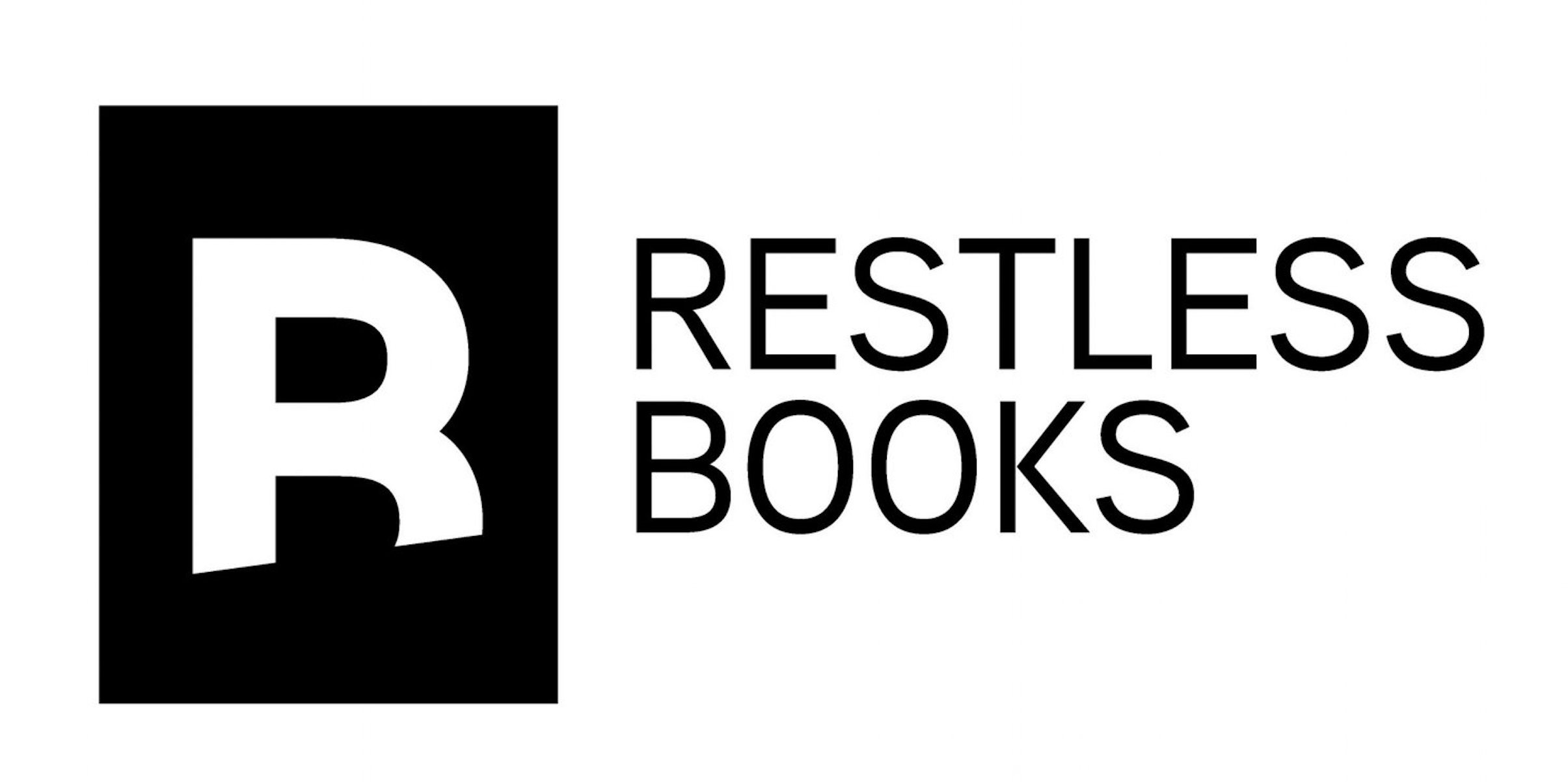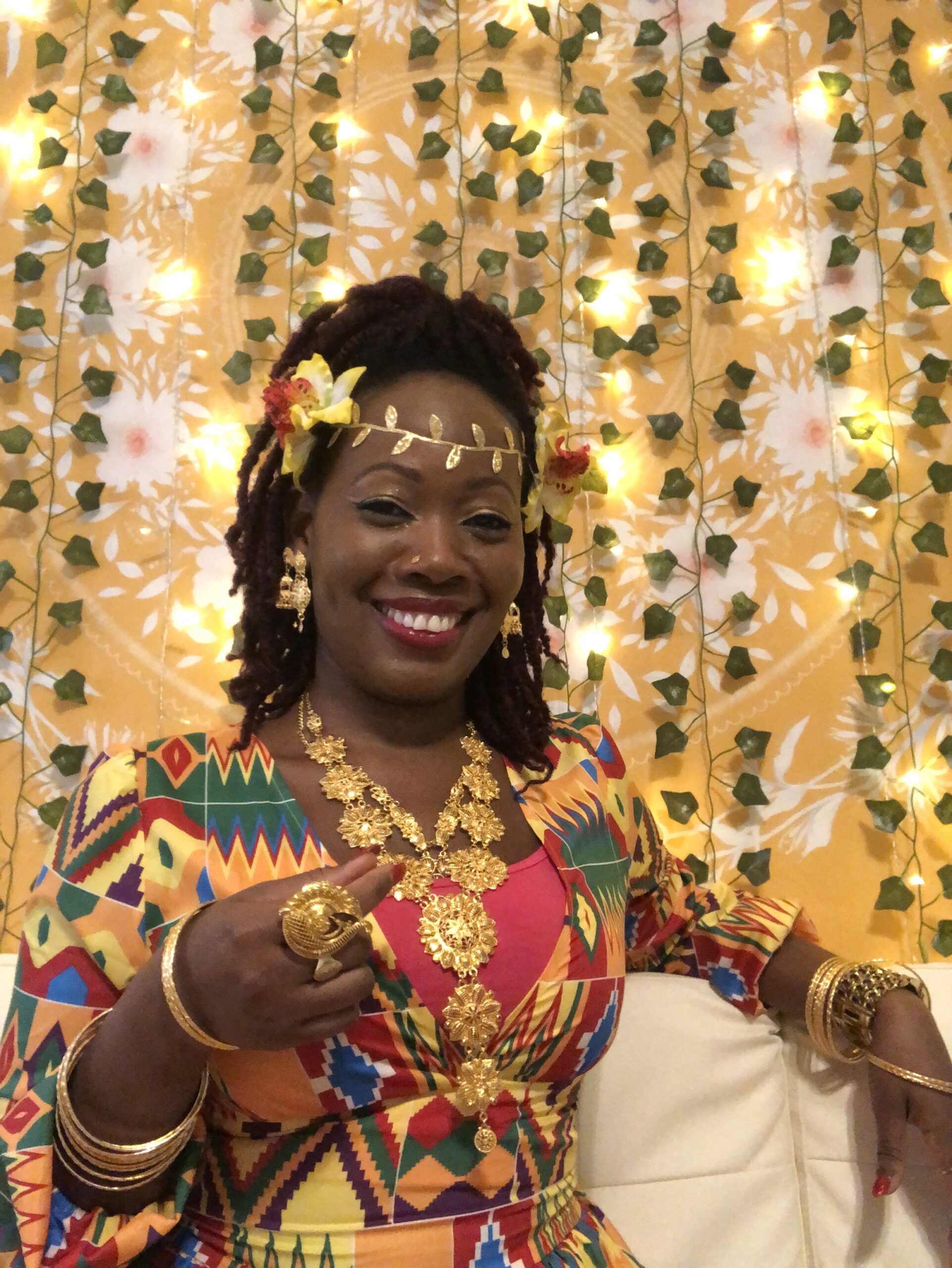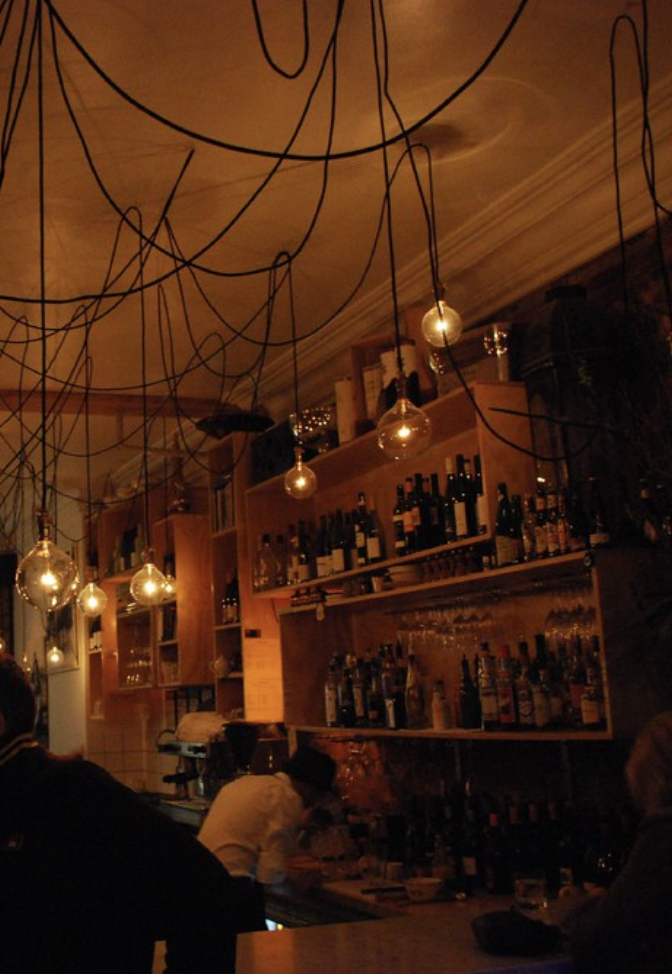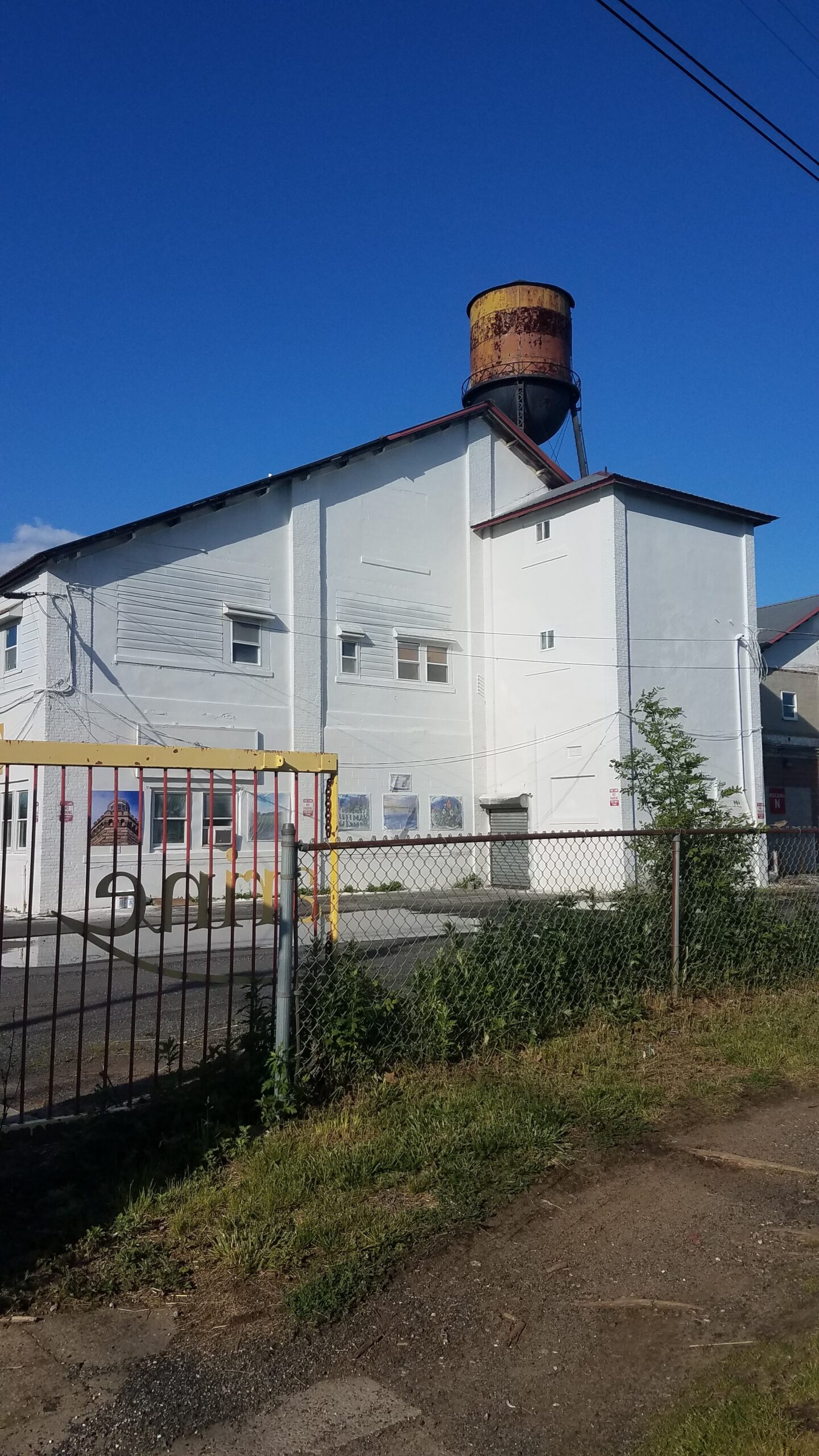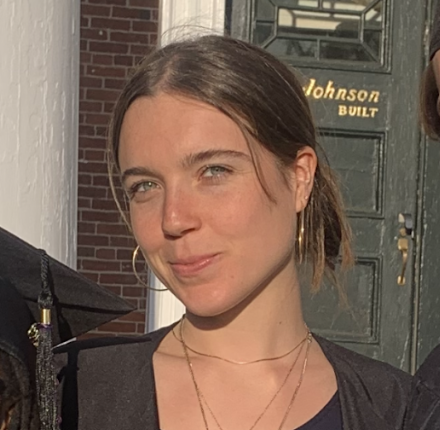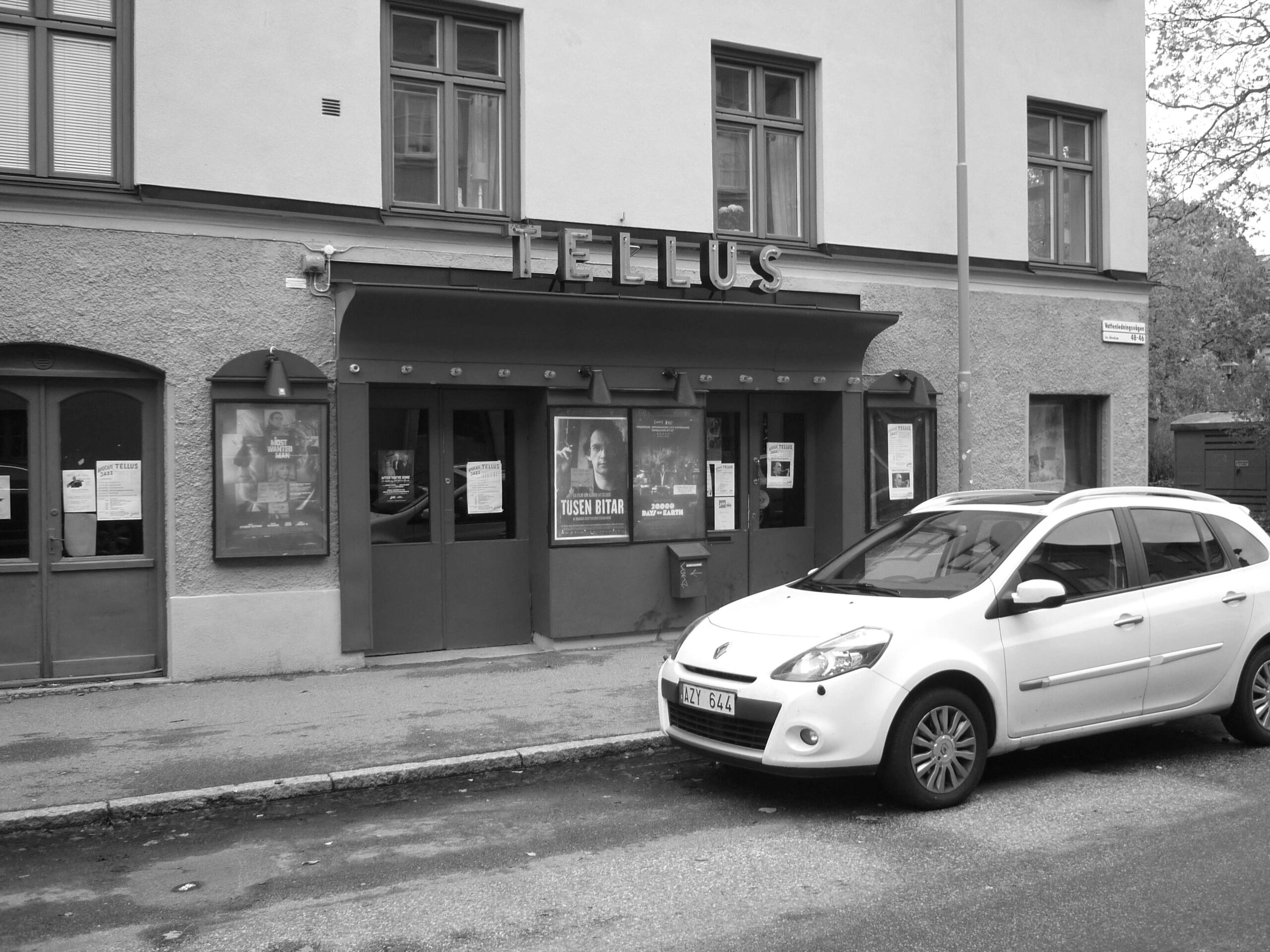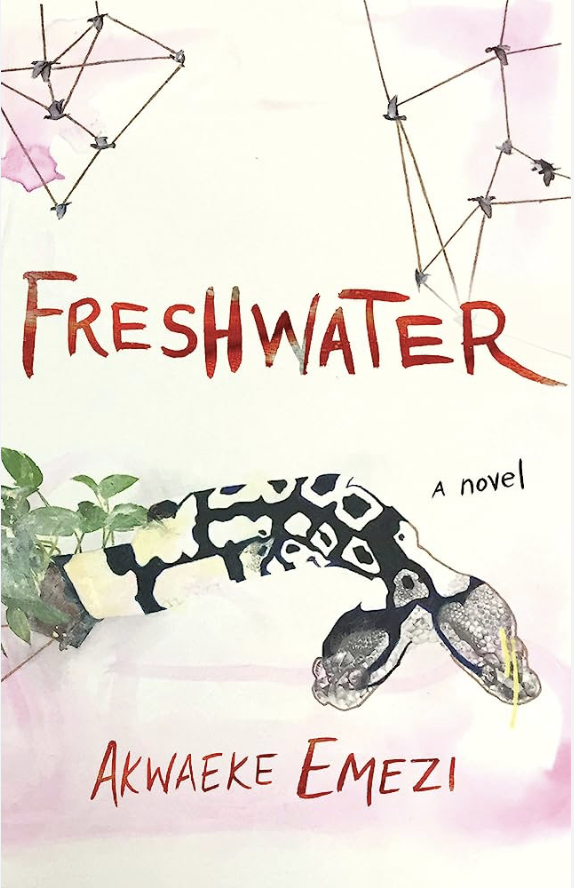By A. MOLOTKOV
An excerpt from A Broken Russian Inside Me.
It’s New Year’s Eve 2019, the chief holiday for me, an irreligious relic of the dreaded Soviet system. I call my mother’s friend, Bronya. Since Mom’s death in 2004, I’ve stayed in touch. Bronya met Mom at school around the age of ten. No one else, living or dead, has known my mother for that long.
“Have you been going out to the philharmonic this year?” I ask her in Russian, our first language.
A former English teacher, Bronya is an opera buff with a vast collection, supplemented by several DVDs I sent from the United States. Still, she refuses to buy a computer to access operas online.
“No, I couldn’t. I’ve not been feeling too well this year.”
“I’m so sorry. What’s going on with you?”
It’s awkward to discuss health issues on the phone, especially with someone in her eighties. It grips me viscerally, the fact that Bronya and the rest of her generation are on the front row, preparing to be weeded out by time.
“I’m old.” Her tone is matter-of-fact.
“But what are the doctors saying?”
“I don’t need any doctors.” Sarcasm in her voice. “What can a doctor do?”
I hear my mother’s opinions in this statement, recall her death at sixty-nine.
Bronya sighs, as if reading my thoughts. “I remember your mom so often. So strange, how the whole life has passed.”
“It’s beginning to feel strange even to me.”
“You should come and visit.”
Invitations from folks in Russia break me each time.
“I’d love to, but I’m not sure when I’ll make it to Russia again.”
“Where are you now?”
The question stops me, squeezes air out of my lungs. We’ve been in touch ever since I visited her in St. Petersburg in 2011. She should know where I am.
The growing pause presses on my ears.
“I’m in America.”
“Very good. Well, if you’re ever in St. Petersburg, please visit. I’d love that.”
“I will.”
***
It’s July 4, 2020, a dubious holiday in the United States. This year is worse than most, with coronavirus cases rapidly growing and the Trump presidency deteriorating at the same rate. Protests against police brutality continue; hope and tragedy are in the air. Black lives matter, but what other obstacles will the conservatives place in the way of this self-evident statement? How many more innocent Black lives will be lost?
This also happens to be Bronya’s birthday. She is eighty-five, and I call her at the dacha, where she tends to spend her summer months.
“Aunt Bronya, Happy Birthday!” It’s nighttime here in Portland; it’s morning in St. Petersburg.
“Thank you.” Her voice is tired, like the last time, but something in me hopes that she will snap into her familiar self, full of operas and plays, books and opinions.
“How’s your health?” I ask.
“So-so. But I like it here at the dacha.”
“How are you doing with the pandemic?”
“Tola, what did you say? I can’t hear you very well.”
I repeat, but she can’t seem to parse the word or the alternatives I try: coronavirus, quarantine. I give up; it doesn’t sound as if she’s kept up with the medical scare.
“And your cats?” I try.
“They’re happy. Here they are, resting.” I imagine the two orange cats. “They like it here in the country. You should visit.”
“Thank you.” A tightness in my throat. “Not sure when I’ll be in Russia.”
“Where are you now?”
“I’m in America.”
The distance hangs self-evidently over the phone lines.
“Really? How long have you been there?”
“Almost thirty years.”
This duration sounds unreal, even to me. I check myself. In the gap of information between the two of us that is vaster than our geographical distance, am I really the one who has a hold on truth?
What truth?
“I didn’t know.” Surprise in her voice. “How’s your English?”
“Not bad. I’ve had some practice, you know.” Every word I say feels like cutting through stone, or my own flesh.
When I was seven, Bronya recommended my first English instructor, Marina Phillipovna. Dad had his lesson first, then it was my turn. Without a doubt, Bronya is complicit in my writing about her now.
“I can help.” A confident tone. “If you run into any problems with word use, or how to distinguish between one tense and another, I’d be happy to explain it to you. There are so many tenses in English.”
“I’ll keep that in mind.” I hold back the tears. “And how’s your dacha? It must be beautiful out there, in nature. Mom used to love it.”
I wait for her to react as she would in the past: by saying something about my mother. Not far from her dacha, Bronya took the photo that ended up on Mom’s cemetery wall here in Portland. I imagine the moment so many years back, so full of futures that are now over or ending. Maybe she doesn’t realize that the mother I’m referencing is her childhood friend, Valentina?
“You should come and visit,” she says instead.
“Sure, if I’m ever in Russia.”
How can I, given what Russia has become?
“Please call in advance, just to make sure. I might be at Mom and Dad’s. You’d have trouble getting ahold of me.”
Who am I, the caller? Will I call again? If I do, will I be an anonymous voice from a distance far too long to cross, the kind of distance that will take me the rest of my life to cover? Once we hang up, how long will she remember the conversation?
“Sure,” I say. “I’ll call in advance.”
***
It’s summer 2022. Every few weeks, I check up on my dad in Moscow, feeling like a suspicious element as I call that center of the world’s evil. But the phone lines still work, and my dad still hates Putin’s regime. I don’t bring it up, since in Russia, everything and anything might be monitored.
I’m fifty-four; my father, ninety-one.
“How’s your work?” I ask, in my typical manner.
Physics. He’s finishing a volume on the distribution of temperatures in the sun’s atmosphere. His other research areas over the years include tsunamis, failing nuclear reactors, intercontinental data cables, mathematical models for socioeconomics. He loves to grapple with complex phenomena still undescribed by mathematical equations. A few of his books are available in English; his article “An Analysis of Processes in the Solar Wind in a Thin Layer Adjacent to the Front of the Shock Wave” was published in a 2018 issue of The Astrophysical Journal.
“I can’t work anymore, Tola,” he says. “I can barely see. And my mind doesn’t always cooperate. It depends on my blood pressure and so many things. It takes too much effort to focus, to keep it all in my head.”
Everything in me sinks as I listen. It’s tempting to cheer him on, to suggest tools, but that would be condescending. He doesn’t need my advice. He knows when he’s done. I’d be lucky to have a creative life nearly as long.
***
Another year of the war has passed. Many people have died. It’s 2023.
“What’s on your mind today?” I ask my father.
“Tola, Tola, I can’t hear you. What did you say?”
I repeat my trivial question, but he still fails to hear. I can’t help but think of my conversations with Bronya.
“Tola, where are you right now?” Dad asks.
“Still in the United States.”
“I know that.” It hurts to listen to his attempts to cover up the growing areas of uncertainty in his mind. “But where?”
“Portland. Do you remember that song by Bulat Okudzhava, ‘When We Return to Portland’?”
Bulat Okudzhava, whose songs we sang when my parents’ friends gathered in the 1970s and eighties, had meant a different Portland. He probably didn’t give Oregon much thought. A poet, singer, and novelist whose father was executed in 1937 for Trotskyism and who fought against fascism in World War Two, Okudzhava would be devastated to know that in the twenty-first century, Russia has become a fascist state. The charges against his father, and later his mother, were fabricated, like any in the broad category of “enemy of the people” that equaled ten to twenty years in the Gulag, if not a death penalty. You didn’t have to be familiar with Trotsky or with his thoughts to be so accused.
“Tola, I can’t hear you. What are you saying?”
“How’s Slava?” Slava is his youngest son, twenty years my junior, who emigrated last year because of the war in Ukraine.
“He is no longer living, unfortunately.” A sad, somber voice. No, no. Is Dad thinking of someone else?
“Slava is fine. Your dad remembers his earlier life very well,” my father’s new wife explains when he and I are done talking. “He has clear days and confused days. Yesterday morning, he was trying to get me to take him to his lecture at Leningrad State.”
I recall listening to his lectures in my first year at the university. He was excellent. Eloquent, easy to follow.
How recent it seems. He quit that job when he moved to Moscow in 1990, the same year I left the USSR. I imagine how he must feel. Confused. Lost. The hearing problem must be an attempt to avoid revealing that he can’t answer. That he doesn’t remember.
I’m stuck in a painful inability to do anything more. I can’t visit. Not during Putin’s regime. And when Putin is gone, a black hole will remain. The dark gravity of lost conscience.
I can’t repair my dad’s mind. I grieve his gradually escaping self. I grieve a Russia that has lost its soul and will not regain it in time for either of us to see.
I grieve not being able to see him again, in this life.
A. Molotkov’s poetry collections are The Catalog of Broken Things, Application of Shadows, Synonyms for Silence, and Future Symptoms. His novel A Slight Curve is forthcoming from Run Wild Press; he co-edits The Inflectionist Review. Please visit him at AMolotkov.com.
Read more excerpts by the finalists for the Restless Books Prize for New Immigrant Writing.
